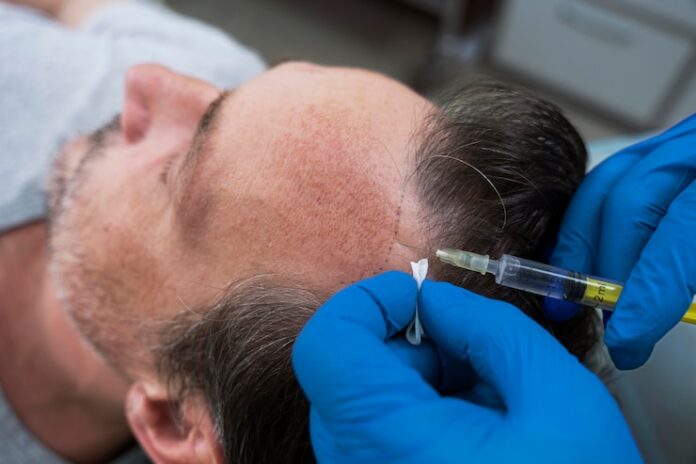Hair loss is a concern that affects millions of people across the globe, transcending age, gender, and lifestyle. While it can be distressing, it’s not a challenge you have to face alone. Professional guidance from hair and scalp specialists—known as trichologists—can play a transformative role in managing and even reversing hair loss. Whether you’re experiencing early signs of thinning or noticeable bald patches, the Best Trichologists in Dubai and other global hubs offer in-depth knowledge and tailored strategies to help address the root causes of balding. But what exactly can these specialists do, and how do they make a difference in the journey toward hair restoration?
Understanding the Role of a Trichologist
A trichologist is a professional trained in the science of the hair and scalp. While they are not medical doctors, many trichologists have extensive backgrounds in dermatology, biology, or cosmetology, and they specialize in identifying and addressing issues related to hair thinning, shedding, breakage, and baldness.
Diagnosing the Root Causes of Balding
One of the most critical ways trichologists help with balding is through accurate diagnosis. Hair loss is rarely due to just one factor. It can result from a combination of internal and external elements, and trichologists use a variety of tools and methods to identify the underlying causes.
Trichoscopy and Scalp Analysis:
Trichologists often use magnification tools to closely inspect the scalp and hair follicles. This helps in identifying patterns of hair loss, inflammation, scalp infections, or signs of miniaturization—a key marker in androgenetic alopecia (male or female pattern baldness).
Medical and Lifestyle History:
They assess dietary habits, stress levels, sleep quality, and hormonal fluctuations. Trichologists may ask about recent illnesses, medications, or life changes that could be contributing to hair loss.
Blood Tests (Referred Through Doctors):
Although they do not draw blood themselves, trichologists may refer clients to medical professionals for lab tests. Common checks include thyroid function, iron levels, Vitamin D, B12, and hormonal profiles, especially for women.
Offering Personalized Treatment Plans
Once a diagnosis is made, trichologists design personalized strategies that may include a combination of topical treatments, lifestyle changes, dietary recommendations, and therapeutic procedures. Let’s break down some of these interventions.
Topical Treatments
Trichologists often recommend clinically backed topical solutions to stimulate hair growth and reduce shedding. These may include:
- Minoxidil-based products: Proven to promote hair regrowth by increasing blood supply to hair follicles.
- Caffeine and biotin-infused serums: Used to strengthen hair and combat thinning.
- DHT-blocking formulations: Especially useful in addressing androgenetic alopecia.
Scalp Therapies
Trichologists may perform or recommend a range of non-invasive scalp therapies designed to create an optimal environment for hair growth:
- Scalp exfoliation: Removes dead skin cells, product build-up, and sebum that can clog hair follicles.
- LED light therapy: Uses specific wavelengths of light to stimulate circulation and reduce inflammation.
- Microneedling or dermarolling: Creates microchannels to enhance product absorption and encourage collagen production.
Nutritional and Supplement Guidance
Hair health is deeply connected to what you eat. Deficiencies in zinc, iron, omega-3s, and proteins can significantly impact hair density and growth rate. A trichologist will evaluate your diet and may suggest targeted supplementation to restore nutrient balance.
Preventing Further Hair Loss
While regrowth is often the goal, slowing or halting the progression of balding is equally critical. Trichologists help by advising on protective strategies that limit further damage:
- Hair care routine reviews: Evaluating and adjusting shampooing habits, heat styling, chemical treatments, and product use.
- Stress management techniques: Chronic stress is a known trigger for telogen effluvium (temporary hair shedding). Techniques like meditation, yoga, or breathing exercises may be recommended.
- Sleep hygiene tips: Poor sleep impacts hormone regulation and cellular repair, both of which influence hair health.
Final Thoughts
Hair loss may feel like an inevitable part of life for some, but it doesn’t have to be a permanent reality. With the expertise of skilled professionals, including the best trichologists in Dubai and other global regions, individuals experiencing balding can take informed and proactive steps toward recovery. Trichologists bring a unique blend of scientific knowledge, therapeutic techniques, and compassionate care to the table, making them invaluable allies in the fight against hair loss.

































